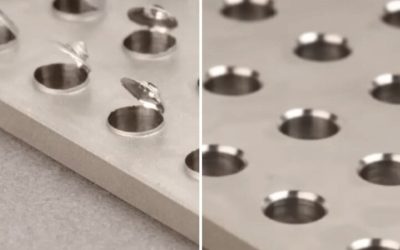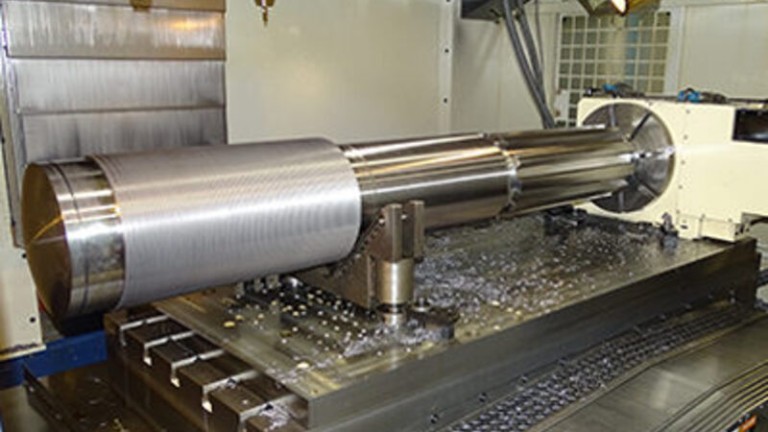Aluminum is an important metal today and not just for the aerospace industry either. Auto manufacturers need more and more aluminum for parts and truck bodies, and this calls for more aluminum welding and metal fabrication. Here are some tips to help you with the process of aluminum fabrication.
Welding – Not All Aluminum is the Same
Some grades of aluminum are easier to weld and machine than others. In fact, the most important tips concern choosing the right aluminum alloy.
Most grades are easily welded if you use the right technique and filler materials. GMAW and GTAW are the most commonly used methods. 6000 aluminum alloys like 6061 commonly have problems with cracking. However, if you use 4043 filler, it is possible to weld with a great deal of success. In fact, 4043 filler is good all-purpose filler for most aluminum welding jobs.
Two of the most common aluminum alloys (2024 and 7075) are not usually welded. Problems with cracking are so common it’s best to avoid these alloys when you can.
Machining Aluminum
If you have a horizontal machining center you are in luck. An HMC is much better for machining aluminum than a VMC. Chip control is easier and the process runs smoother. If you plan to machine aluminum on a regular basis, you should consider buying an HMC or using a trusted machine shop for aluminum welding and metal fabrication.
When machining aluminum, 7075 alloys should be avoided unless you have a lot of experience. It does not weld or machine easily. However, you should have few problems with alloys like 6061 and 2024. If you need to machine 7075, use annealed metal for best results.
If you plan to add aluminum welding and metal fabrication to your services, consider an experienced shop specializing in contract manufacturing. You won’t need to make any major investments.


